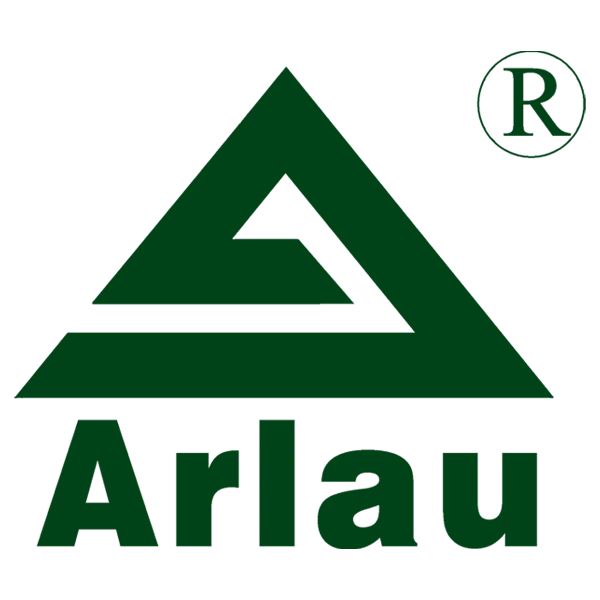Arlau custom outdoor furniture manufacturer for 20+ years.
Pasteurizing Our Cities: The Role of Temperature-Managed Municipal Trash Bins
In today's urban landscape, waste management is a complex challenge that demands innovative solutions. One such solution is the use of temperature-managed municipal trash bins, which promise to transform how we handle waste. These bins leverage advanced technology to pasteurize organic waste, reducing its volume and eliminating harmful pathogens. Let's explore how these bins can help cities address their pressing waste management needs.
Understanding the Science Behind Pasteurization in Waste Management
Pasteurization is a process that involves heating a substance to a specific temperature to kill microorganisms. In urban waste management, this process is applied to municipal trash bins, typically heating waste to around 65-70°C, which effectively kills up to 99.9% of harmful bacteria and pathogens. This not only reduces the volume of waste but also significantly improves sanitation conditions.
How Temperature-Managed Municipal Trash Bins Work
Temperature-managed municipal trash bins operate with the following technology components: - Temperature Sensors: These sensors monitor the waste temperature. - Heated Systems: Activated to maintain the optimal temperature, often electric or heat pump technologies. - Ventilation Systems: Remove moisture and gases, ensuring a safe and controlled environment.
Case Study: Successful Implementation in a Smaller Urban Community
In 2015, Greenfield introduced temperature-managed trash bins in its residential areas. The city faced significant challenges with its traditional waste management system, including overflowing landfills and frequent health issues due to contaminated waste. Alice, a resident of Greenfield, shared, "Since the bins were introduced, our neighborhood looks and smells much better." Within the first year, the volume of waste collected and transported to the landfill reduced by 40%. The incidence of waste-related diseases decreased by 30%, according to city health reports.
Comparative Analysis: Traditional vs. Temperature-Managed Bins
Here’s a clear comparison between traditional untemperature-controlled bins and temperature-managed bins: - Traditional Bins: - High volume of waste. - Potential for pathogen spread. - Limited environmental benefits. - Temperature-Managed Bins: - Significant reduction in waste volume. - Enhanced sanitation. - Lower environmental impact.
Environmental and Public Health Implications
The pasteurization process eliminates up to 99.9% of harmful bacteria, significantly reducing the risk of illnesses related to waste. A study in an unnamed city found a 20% decrease in waste-related diseases after implementing temperature-managed bins. This not only improves the quality of life for residents but also reduces healthcare costs and the burden on healthcare systems.
Future Prospects and Innovations
The future of waste management is promising, with emerging technologies and innovations continually enhancing these solutions. Here are some areas for potential advancements: - Integration with Smart City Infrastructure: Bins could be integrated with IoT devices, allowing for real-time monitoring and management of waste collection. - Energy Efficiency: Newer heating technologies could reduce energy consumption while maintaining effective pasteurization of waste. - Scalability: Innovations in material science and design could make temperature-managed bins more affordable and easier to install in larger cities. Governments and regulatory bodies will play a crucial role in supporting the widespread adoption of these bins. Policies that encourage sustainability, such as grants and tax incentives, could significantly boost the market for these innovative waste management solutions.
Community Engagement and Public Awareness
Community engagement is essential for the success of any waste management initiative. Here are some strategies for educating and involving the public: - Educational Programs: Conducting workshops and seminars to explain the benefits and functionality of temperature-managed bins. - Public Awareness Campaigns: Using social media, local media, and community events to spread awareness about the importance of proper waste management. - Feedback Mechanisms: Establishing channels for residents to provide feedback and suggestions, ensuring the system remains responsive to community needs. In Portland, a comprehensive waste management education program led to a 20% increase in participation in recycling and composting programs. The city organized community workshops and events, reaching over 5,000 residents.
The Path Forward for Smart Waste Management
temperature-managed municipal trash bins represent a significant step forward in smart waste management. By integrating advanced pasteurization techniques into waste collection processes, these bins offer a sustainable, efficient, and health-conscious solution to urban waste management challenges. As cities continue to grow and face greater waste management pressures, the adoption of temperature-managed bins can help transform how we handle waste, leading to healthier, more sustainable urban environments. Cities around the world should consider implementing these innovative bins to address their waste management challenges and pave the way for a more sustainable future. Let us invest in these solutions to create healthier, more sustainable communities for all.
![]() Tel: 0086-180 8300 0250
Tel: 0086-180 8300 0250
![]() Email: zy@arlau.com
Email: zy@arlau.com
![]() Mobile/WhatsApp: +86 180 8300 0250
Mobile/WhatsApp: +86 180 8300 0250
![]() Company Address: 410, Building A, International Student Entrepreneurship Park, No. 77 Kecheng Road
Company Address: 410, Building A, International Student Entrepreneurship Park, No. 77 Kecheng Road
![]()





